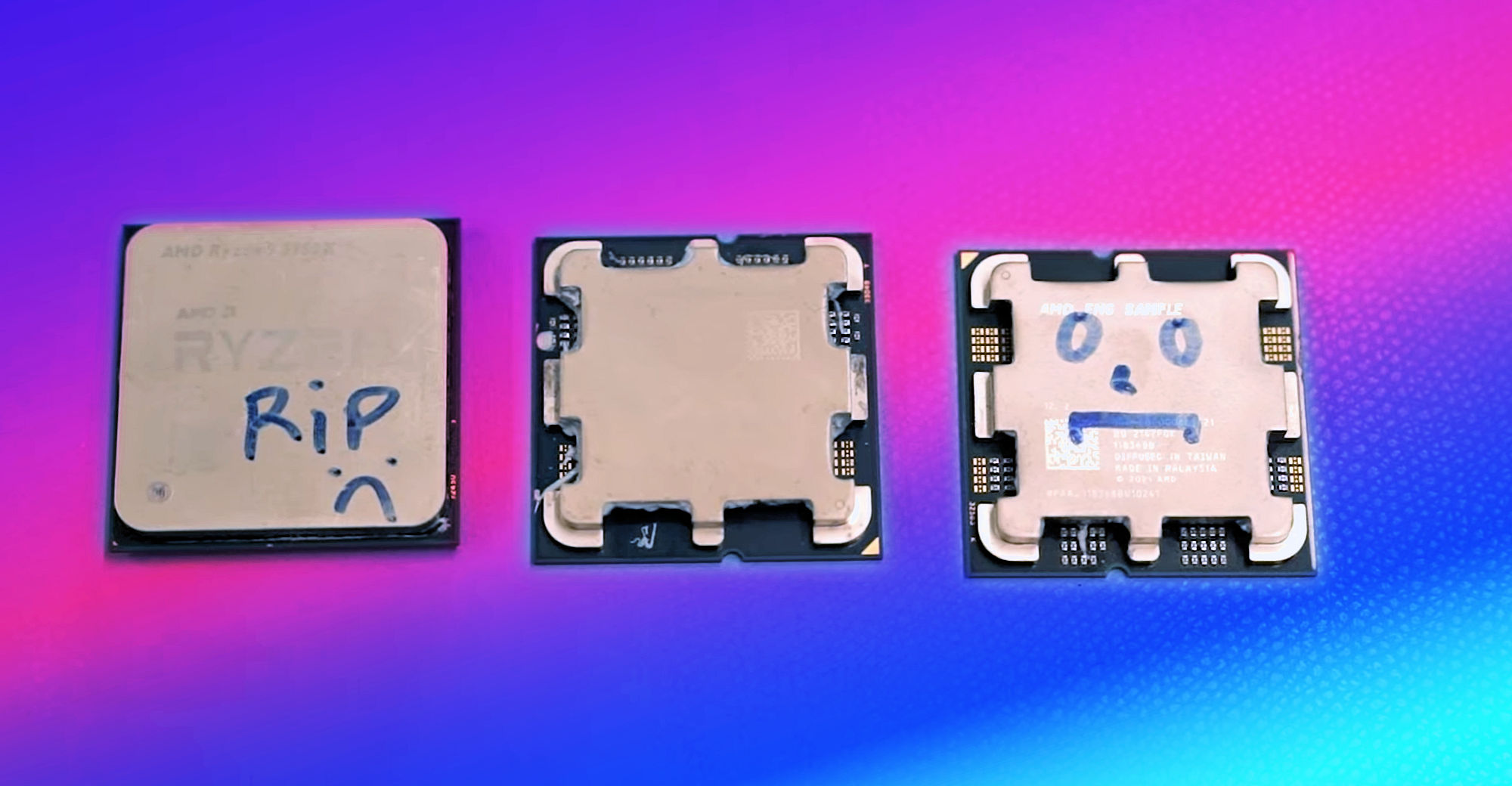- Joined
- Dec 29, 2017
- Messages
- 5,881 (2.13/day)
- Location
- Swansea, Wales
| System Name | Silent/X1 Yoga/S25U-1TB |
|---|---|
| Processor | Ryzen 9800X3D @ 5.4ghz AC 1.18 V, TG AM5 High Performance Heatspreader/1185 G7/Snapdragon 8 Elite |
| Motherboard | ASUS ROG Strix X870-I, chipset fans replaced with Noctua A14x25 G2 |
| Cooling | Optimus Block, HWLabs Copper 240/40 x2, D5/Res, 4x Noctua A12x25, 1x A14G2, Conductonaut Extreme |
| Memory | 64 GB Dominator Titanium White 6000 MT, 130 ns tRFC, active cooled, TG Putty Pro |
| Video Card(s) | RTX 3080 Ti Founders Edition, Conductonaut Extreme, 40 W/mK 3D Graphite pads, Corsair XG7 Waterblock |
| Storage | Intel Optane DC P1600X 118 GB, Samsung 990 Pro 2 TB |
| Display(s) | 34" 240 Hz 3440x1440 34GS95Q LG MLA+ W-OLED, 31.5" 165 Hz 1440P NanoIPS Ultragear, MX900 dual VESA |
| Case | Sliger SM570 CNC Alu 13-Litre, 3D printed feet, TG Minuspad Extreme, LINKUP Ultra PCIe 4.0 x16 White |
| Audio Device(s) | Audeze Maxwell Ultraviolet w/upgrade pads & Leather LCD headband, Galaxy Buds 3 Pro, Razer Nommo Pro |
| Power Supply | SF1000 Plat, 13 A transparent custom cables, Sentinel Pro 1500 Online Double Conversion UPS w/Noctua |
| Mouse | Razer Viper V3 Pro 8 KHz Mercury White w/Pulsar Supergrip tape, Razer Atlas, Razer Strider Chroma |
| Keyboard | Wooting 60HE+ module, TOFU-R CNC Alu/Brass, SS Prismcaps W+Jellykey, LekkerL60 V2, TLabs Leath/Suede |
| Software | Windows 11 IoT Enterprise LTSC 24H2 |
| Benchmark Scores | Legendary |
Companies do it to themselves both good and bad, and no amount of fanboying on one side or other will change that, considering DIY gaming on PC is what, 5% of their bottom line? Lol. Incredible the mental gymnastics people come up with to defend their favourite megacorpo (unaware of their existence), or to attack the devil (the other megacorpo also unaware of their existence).Exactly! There's nothing to oppose here.
The only "but" could be added, is that the market changes should start within the rival companies and their strategies. No amount of pressure by consumers/outside of corporate core, will make any impact on the market condition. In this case it should start inside AMD, and their (positive) pressure, and lasting impression on their image among customers. AMD have to make "tectonic shifts", in order to gain favourable and healthy feedback.
The sheer arrogance of thinking teams of engineers/businesspeople, whose entire job is understanding systems/how to make profit, simply "hurr durr, AMD bad NVIDIA good" or whatever as the basis of their decisionmaking.




